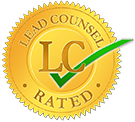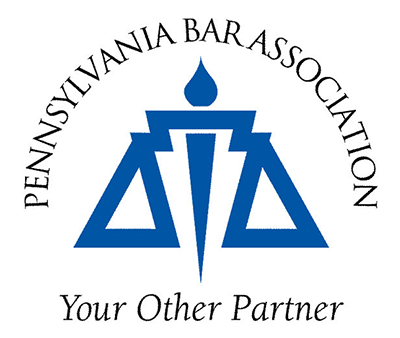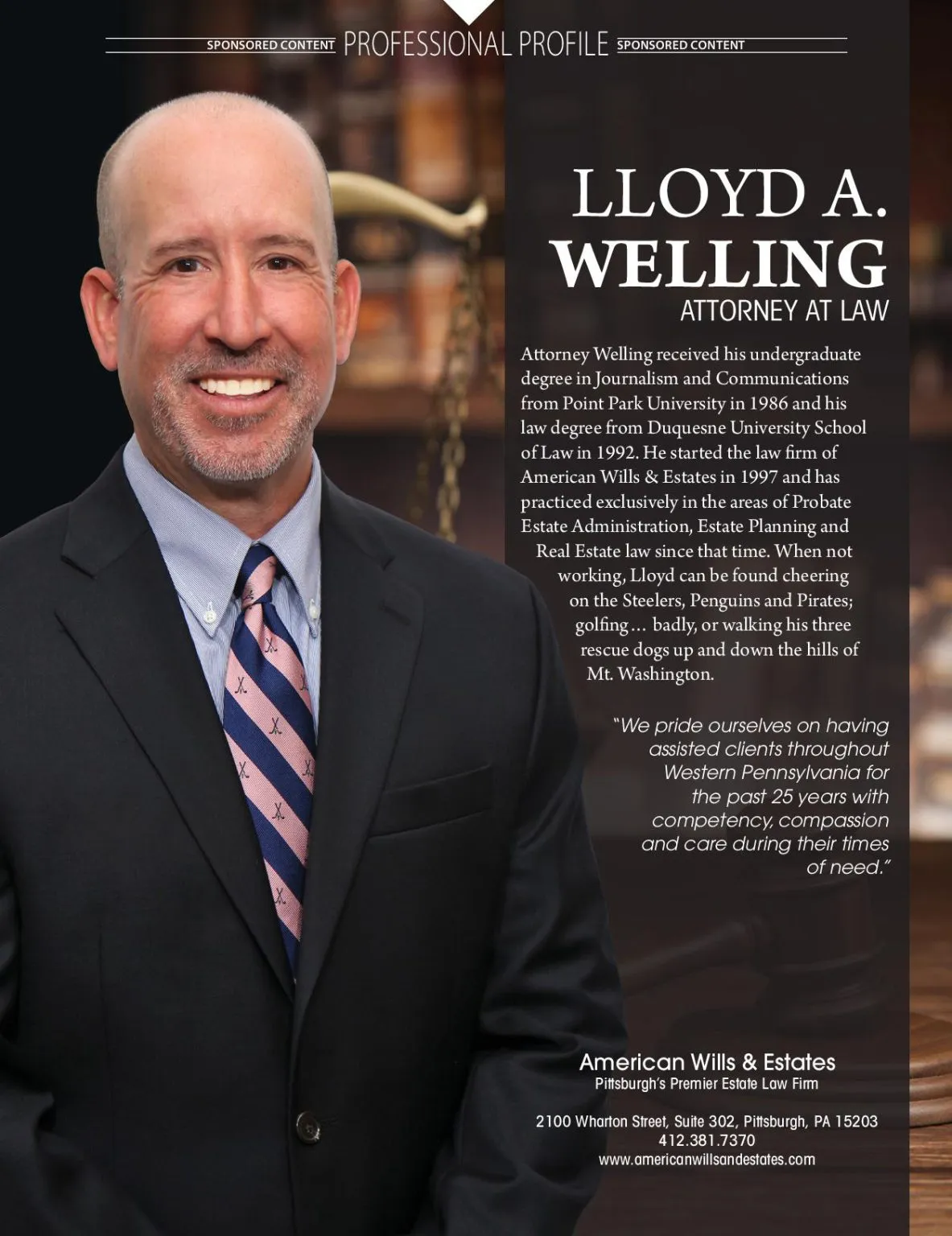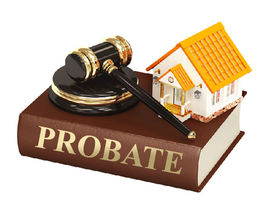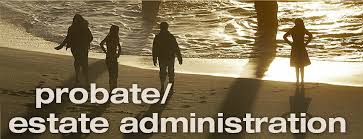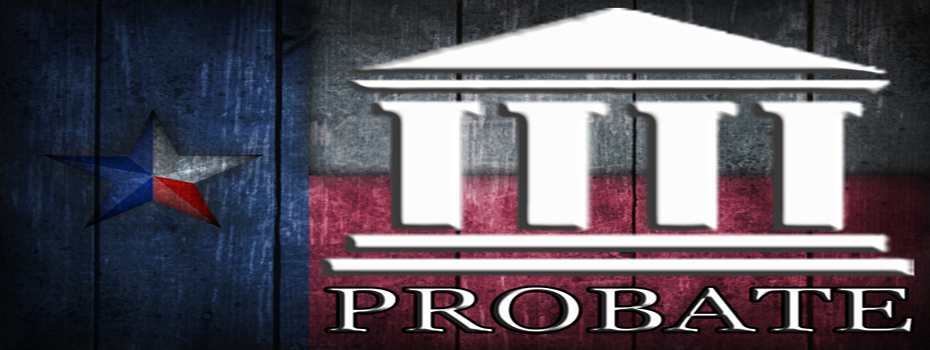Whatever you own or have a personal or business financial interest in is part of your ESTATE. Estate planning helps organize and disburse those assets assets when you die or become incapacitated according to YOUR wishes.
Anyone who owns or has anything has an estate. Your estate might include a home, cars, bank accounts, stocks, bonds, mutual funds, life insurance policies, retirement plans, business interests, furniture and other miscellaneous personal goods and household effects.
What happens to your estate—when you die, or if you become incapacitated physically or mentally—is why estate planning is important.
A Last Will and Testament, a Trust and other estate planning documents can include provisions that aim to minimize or reduce the expenses commonly associated with settling or administering an estate. In some instances, a well-crafted estate plan can perhaps help you save on the inheritance or estate taxes related thereto.
As a result, estate planning is part of a process that tries to see to it that more of your property will ultimately pass to your love ones and other intended heirs.
For example? Unless you have clearly stated it in your Will or other legal estate planning documents, you would be unable to leave a gift to a charitable organization after you die. Why? Under Pennsylvania intestate state laws, your estate would only be distributable to your nearest living next of kin. (It would be up to THEM to make the gift, in other words.)
Even if you have previously put an estate plan into place, it is always a good idea to periodically review your estate plan, especially when changes in relationships or economic circumstances occur or take place.
Likewise, your estate planning documents may need to be changed or modified when federal and state estate or inheritance tax laws change or are revised. Beneficiary designations on your retirement savings plans and life insurance policies should also be reviewed periodically to make sure they are current with your present wishes, and not in conflict with any provisions contained in your current estate plan.
Errors in beneficiary designations can lead to unintended disagreement amongst your loved ones and other heirs, and create delays in providing for their financial needs.


